Close
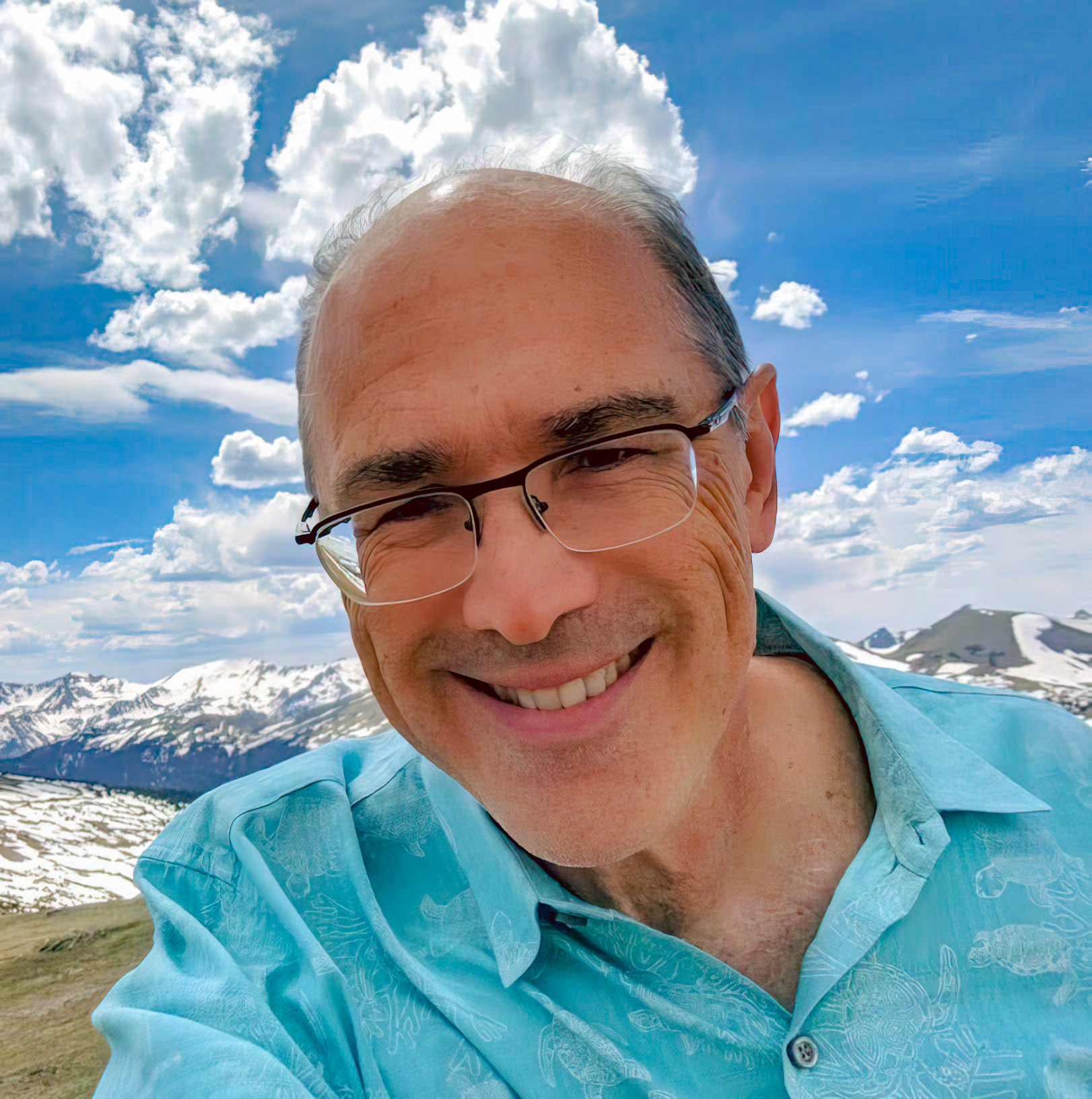
Mr. Carl Page is the President of the Anthropocene Institute. He was co-founder of eGroups, Inc., where he helped build a network of 14 million users to support Web-based collaboration. eGroups was acquired by Yahoo! and became Yahoo groups. A serial entrepreneur and investor based in the Bay Area, Mr. Page's experience ranges from hardware to Internet companies. He has previously held positions at Microsoft and Mentor Graphics. He sits on various boards such as EcoAmerica.org. Mr. Page has a Masters degree in Computer Science and Engineering from the University of Michigan.
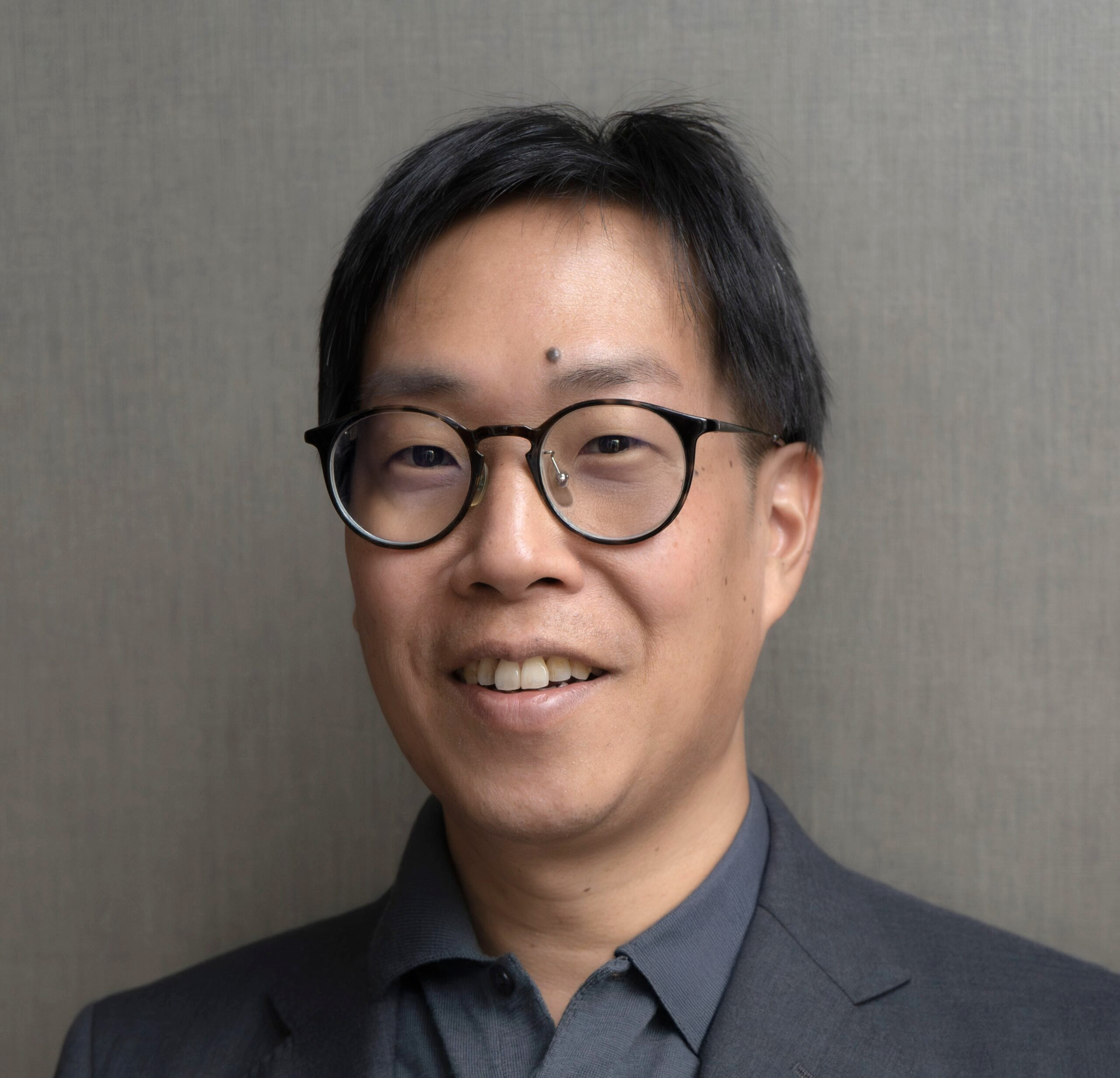
Frank Hiroshi Ling is Chief Scientist at the Anthropocene Institute. He is also a guest lecturer at the Tokyo Institute of Technology and Ibaraki University, and was previously a research fellow at the Institute for Global Environmental Strategies (IGES) and University of Tokyo. Dr. Ling is a reviewer for the EarthShot Prize and has consulted for various US and Asian organizations, including the Asian Development Bank (ADB), CLSA, SELC Japan, and Jane Capital Partners. He was also a Mirzayan Science and Technology Policy Fellow at the National Academy of Science. His work has been cited in the Intergovernmental Panel for Climate Change (IPCC) Special Report on Global Warming of 1.5°C and has been a panelist at the UNFCC’s COP24 Nuclear for Climate side event. He is producer and host of the science podcast “Groks Science”. Frank is the editor of the book “Climate Smart Development in Asia: Transition to Low Carbon, Climate Resilient Economies” and a contributing author to the publication "The Energy Revolution Will Save Japan". Dr. Ling received his PhD in Chemistry at the University of California at Berkeley and his BS in Chemical Engineering at Caltech and his MS at University of California at Santa Barbara.
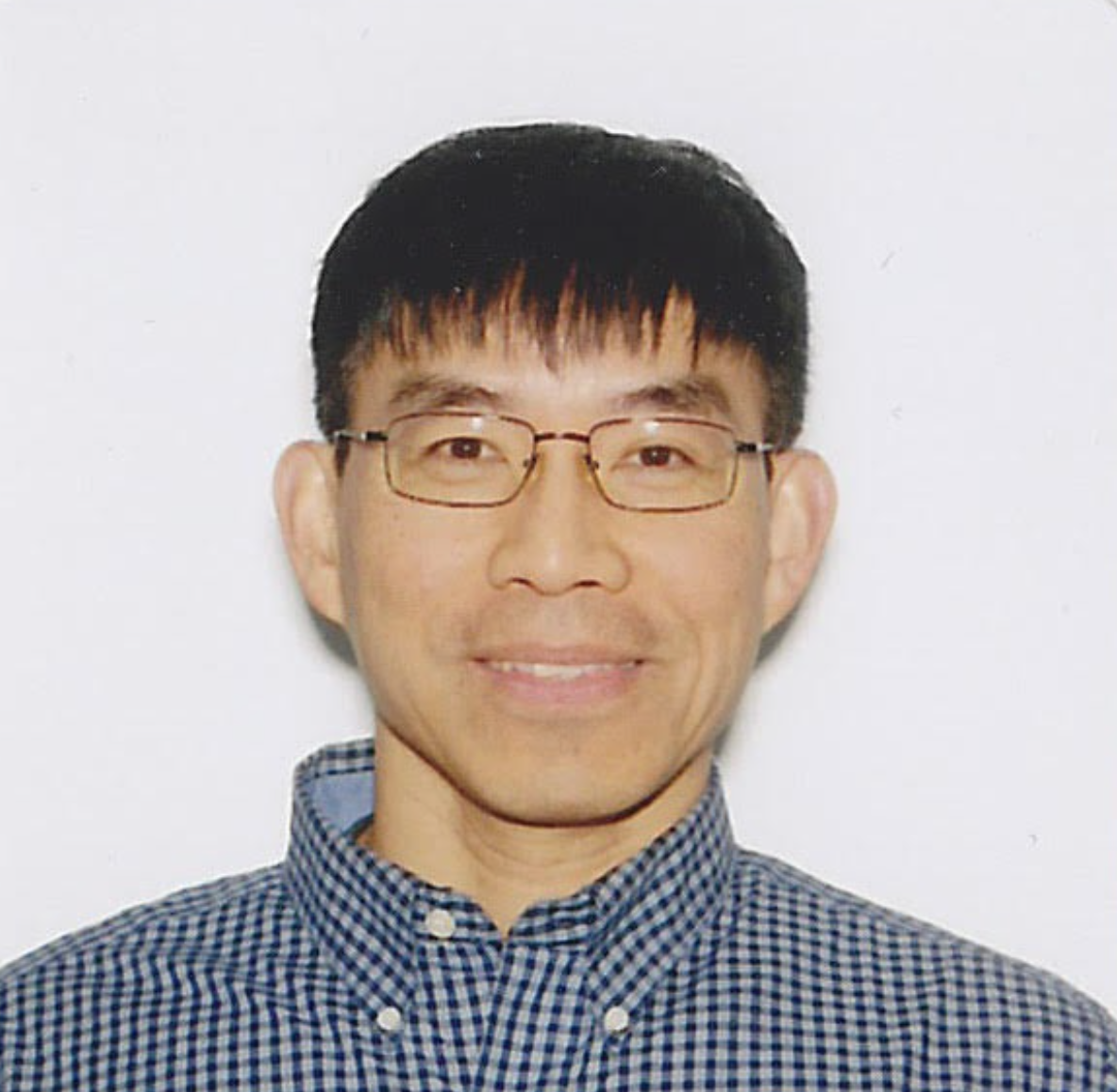
Jason Gwo is Senior Scientist at the Anthropocene Institute. He was formerly Chief Scientist (level IX, CTO-equivalent) at General Atomics/Electronics Systems Inc. His career includes over 15 years of R&D leadership and systems engineering, in the defense, laser, semiconductor, and AA industry (e.g., helping DARPA initiate conception of ‘cooperative autonomy of drone swarm’). He received his PhD in Chemistry in molecular physics & THz spectroscopy from UC Berkeley. Dr. Gwo has numerous inventions, including OptoBond, an optical-grade chemical bonding technology for cryo-optics (winning the NASA Space Act Award twice)––for the Stanford/GP-B General Relativity Mission, and later selected by multiple international gravitational-wave detection projects (e.g., the ESA-NASA/LISA, the MIT-Caltech/LIGO, etc.). and self-healing capability, and holds the world-record for low thermal noise. He is an expert in novel laser resonator designs, near artifact-free phase-sensitive detection and tunable lock-in control, and ultrafast optimization algorithms. Jason theoretically predicted (years ahead of experimental evidence) unique-Q-branch vibrational band structure (in spectroscopy) due to proton tunneling. He is now revising Einstein's relativity theory, to a) evaporate 'dark energy,' cosmic flatness/horizon problem, spacetime singularity, vacuum catastrophe, etc., b) explain why no supersymmetry, and c) account for why gravity reduces entropy.
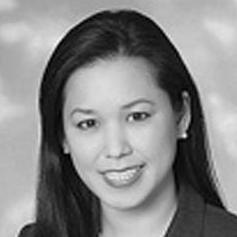
Melinda Chow Alankar works with other members of the Anthropocene team to identify investment and funding opportunities in climate tech. Additionally, she leads Anthropocene’s numeracy program, which aims to improve the general public’s fluency with numbers so that they can have a better grasp of the impact of issues we are facing and make better decisions. Melinda began her career as a lawyer at Sullivan & Cromwell, LLP, and eventually became a partner at Kirkland & Ellis, LLP, where she worked on complex private investment transactions, mergers and acquisitions, as well as public securities offerings. Moreover, she worked pro bono for various non-profit organizations. She transitioned to the technology industry, when she became General Counsel for Debias VR, a Silicon Valley startup that made virtual reality games for diversity, equity, and inclusion training. Melinda earned her JD from Harvard Law school, and has a BS in Business Administration and BA Rhetoric from UC Berkeley.
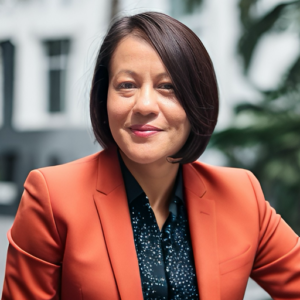
Hilda Patricia Palencia leads the Solid-State Fusion effort at the Anthropocene Institute. She is an experienced engineering leader specializing in Systems Safety and Mission Assurance (SSMA). She played a key role in NASA’s LADEE mission, managing safety, documentation, and system integration. Hilda is also certified to teach and manage Electrostatic Discharge (ESD) programs at NASA Ames, where she helped reduce costs and improve processes. She supported SPHERES, a satellite technology, ensuring safety compliance and quality assurance of battery packs sent to the ISS. Hilda also served as a Rover Navigator Astronaut in Mars Rover simulations at the International Space University. Ms. Palencia received her Master of Science, Computer/Electrical Engineering from the .
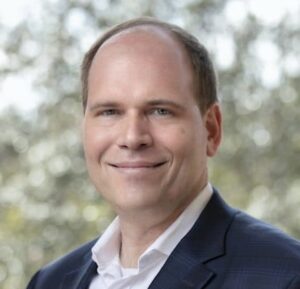
Jeffrey Bohn is the Director of Energy Economics at the Anthropocene Institute. He had been Chief Research & Innovation Officer and Head of Research & Engagement at the Swiss Re Institute. Most recently, he served as Chief Science Officer and Head of GX Labs at State Street Global Exchange in San Francisco. Before moving back to California, he established the Portfolio Analytics and Valuation Department within State Street Global Markets Japan in Tokyo. (He is fluent in Japanese.) He previously ran the Risk and Regulatory Financial Services consulting practice at PWC Japan. Dr. Bohn often conducts seminars on topics ranging from credit instrument valuation & portfolio management to machine learning. He has published widely in the area of credit risk. He co-authored with Roger Stein Active Credit Portfolio Management in Practice (Wiley, 2009). His recent research focuses on reinforcement learning, causal inference, factor modeling, and large-scale risk simulations. Dr. Bohn is an affiliated researcher at U.C. Berkeley’s Center for Risk Management Research and serves as a board member for the Consortium for Data Analytics in Risk (CDAR) spanning U.C. Berkeley, Stanford and several industry partners.
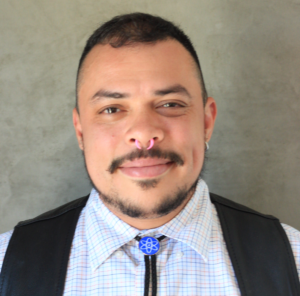
Guido Núñez-Mujica is a data scientist, computational biologist, and science communicator. Currently Guido is the Head of Data Science at the Anthropocene Institute and runs his own consulting firm, Greensight Consulting. Prior to working in climate change, Guido was a data scientist in the tech industry, and in 2008 he co-founded Lava-Amp, a biotechnology start-up that aimed to build a portable, low-cost, handheld PCR device, and apply data science to medical diagnostics and epidemiology. His work has been featured in multiple publications, including in Nature, Wired, IO9, BoingBoing, Biotechniques, and La Stampa. He is also the subject of a chapter in the book Biopunk: DIY Scientists Hack the Software of Life by Marcus Wolhsen. Currently, Guido is producing a documentary called Silenced Crops on the topic of the destruction of Venezuelan biotechnology by activists. Guido’s latest activism project is doing light projections promoting the use of nuclear power to fight climate change. Guido was one of the group of activists who successfully fought to preserve Diablo Canyon, the last nuclear plant in California. Guido holds a degree in computational and physical sciences, and a Bachelor’s degree in biology from the Universidad de Los Andes, in Venezuela.
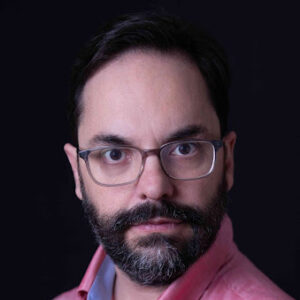
Quico Toro leads Anthropocene’s Climate Repair effort, where his focus is on getting as many scientifically sound ocean fertilization trials into the water as possible by 2027. A journalist by training, his work has appeared in Foreign Affairs, The Atlantic, Caracas Chronicles, (which he co-founded) and many other publications. He’s been a Latitudes columnist for The New York Times a global opinion columnist for The Washington Post, a city columnist for Montreal’s Le Devoir, as well as Chief Content Officer for The Group of Fifty. He is now a Contributing Editor for Persuasion. He’s based in Tokyo.
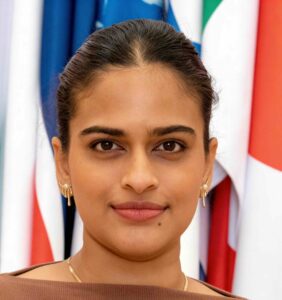
Gayatri Karnik is an International Climate and Nuclear Energy policy specialist. She is an IAEA Maria Skłodowska-Curie Fellow, with a master’s degree in law focused on nuclear energy financing. She also has a master’s in international relations from the London School of Economics. She is the Vice-President of Women in Nuclear Global Young Generation. She is also the Co-lead of the OECD's Nuclear Energy Agency High Level Group on Gender Balance- Attract Task Force. She is the founder and director of Climate Policy Practice, a public education platform which has brought the latest on international climate law and policy through workshops that have reached over thousands of young people and climate professionals.